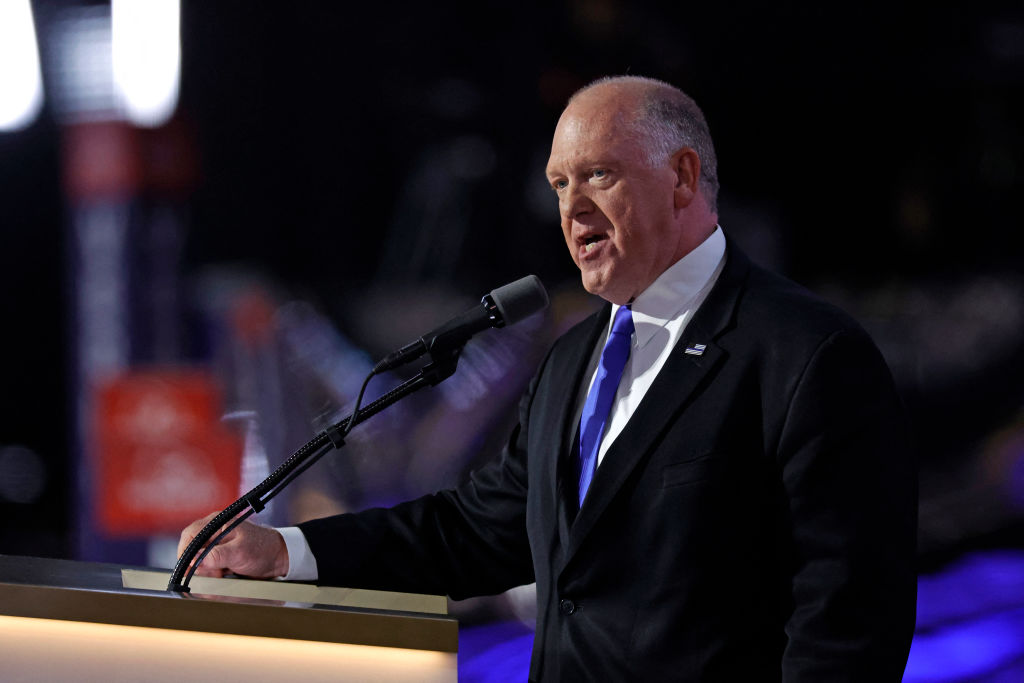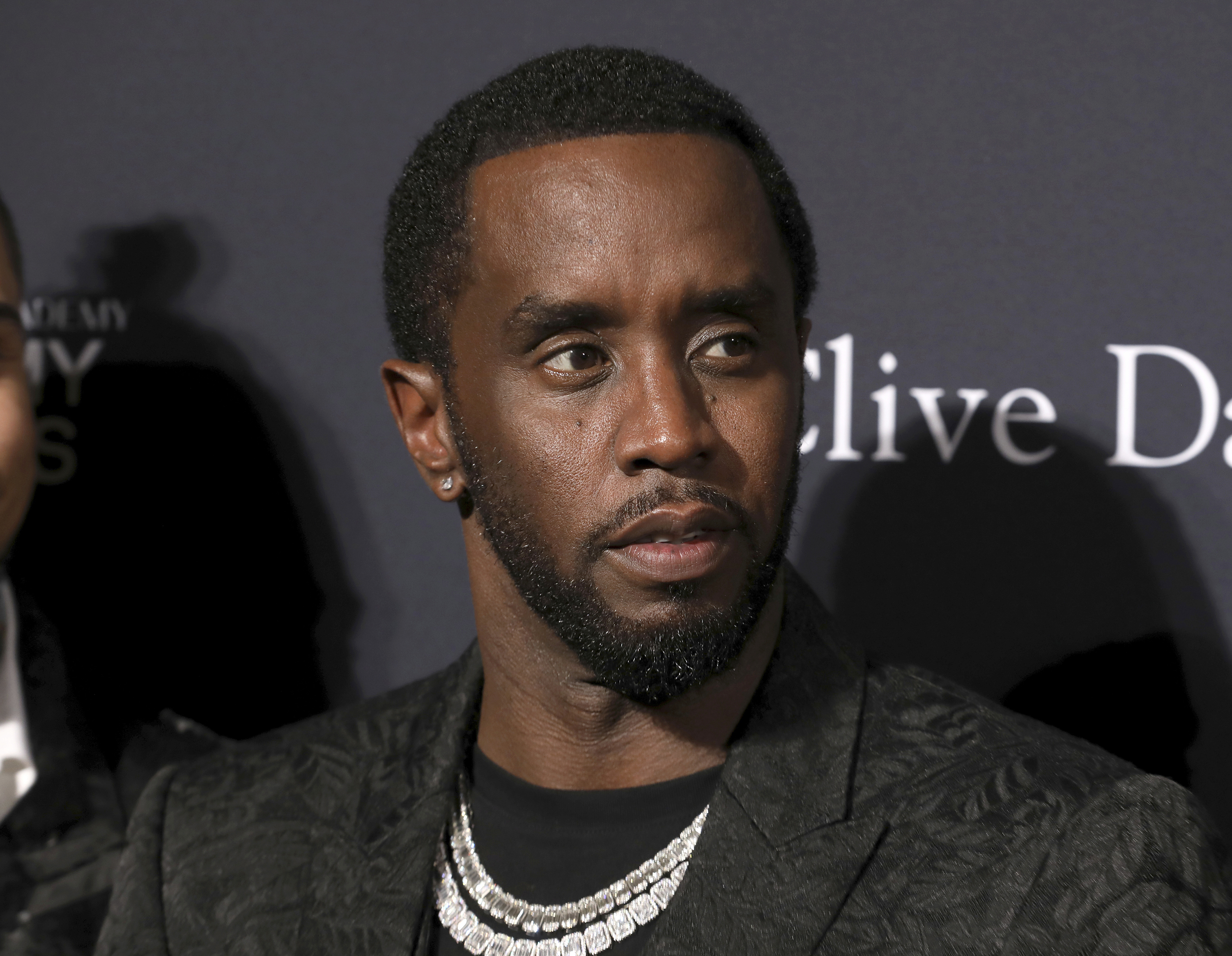Pope Francis chose his name in honor of St. Francis of Assisi, Italy’s patron saint who emulated the life of Christ like perhaps no other figure in the church's history.
New York’s Cardinal Timothy Dolan, who helped elect Bergoglio as the 266th pope, said Pope Francis explained his choice of name at a gathering of cardinals on Wednesday, according to NBC News.
St. Francis was born in 1181 or 1182 and in 1209 founded the Franciscan Order in his hometown, Assisi, in what is now the Italian region of Umbria. Born into privilege, he spurned wealth and embraced a life of poverty and simplicity – preaching a message of joy and peace.
For full coverage of the new pope, visit NBCNews.com
Soon after Cardinal Jorge Bergoglio was named the leader of the world's 1.2 billion Catholics, bishops from the Umbria region sent him a congratulatory message noting the new pope chose a name of the saint of Assisi, who wanted to "renew the church,” The Associated Press reported.
"It was precisely Francis the Lord asked to repair his church in ruins," the Umbria bishops said in a message, the AP reported.
St. Francis of Assisi, credited with creating the first Nativity scene to celebrate Christmas in 1223, was never ordained, but he is regarded by the Catholic Church as one of its holiest figures. Pope Gregory IX canonized him in 1228, two years after his death, according to the Catholic Encyclopedia.
U.S. & World
Stories that affect your life across the U.S. and around the world.
In choosing the saint’s name, Bergoglio was honoring "a saint that transcends the Catholic Church and is loved by all people, a saint who reached out for simplicity... poverty and care for the poor," the Rev. Thomas Rosica, a spokesman for the Vatican, said in an interview with the Canadian Broadcasting Corp.
But the Italian friar wasn’t always so pious. Thomas of Celano, a friar who was one of his first followers, wrote in his biography that St. Francis was born into a wealthy family and had a reputation of a playboy.
But that changed in 1205. St. Francis was traveling to fight one of Assisi's battles against the city of Perugia, when he had what Thomas and other biographers call a "vision," in which he was told to return home. He turned back and devoted his life to prayer and solitude. Then on a pilgrimage to Rome, he gave all his money to the poor and exchanged his clothes with those of a beggar.
St. Francis had another vision while praying, in which Jesus told him, "Go, Francis, and repair my house, which as you see is falling into ruin."
Francis sold of all of his material possessions to raise the money to rebuild Assisi’s chapels and became a street preacher, according to his biographers. In 1209 he traveled with a handful of his followers to Rome to ask Pope Innocent III's for his blessing in establishing a religious order.
It's "striking that the new pope has chosen the name Francis," Jonathan Seitz, a professor of history and politics at Drexel University in Philadelphia, told the AP. “These choices are made with the purpose of sending a message."
The friar "sought a reformation and a rebuilding of the church, seeking to act in the world rather than withdraw from it. The implication to me from the choice of a new name, and the name chosen, is that a change is in store," Seitz said.
But when Bergoglio was announced as the new pope, it was not immediately clear which of the many men called St. Francis were behind his papal name. Pope Francis is the first Jesuit pope, so a good second guess was St. Francis Xavier, who was a cofounder of the Society of Jesus.
Francis Xavier was born on April 7, 1506, in Spain. After finishing his preliminary studies in his native country, he traveled to Paris, where he met St. Ignatius Loyola, who would go on the found the Society of Jesus, more commonly known as the Jesuits. Francis Xavier was one of the original members to take the vow of poverty and chastity in 1534. Six years later, the order would be approved by Rome.
In 1540 Francis Xavier went into India to bring the faith to the East, becoming one of the first missionaries, helping establish a tradition of going out into the world in the service of God that Jesuits still see themselves, said Father Charles Frederico, Vocation Director at the Society of Jesus. He spent three years in India preaching the word of God before heading off to Japan, China and other faraway lands. He died in 1552 off the coast of China.
The Jesuits are also renowned for their commitment to formal education, which Frederico says is an expression of their devotion.
"For the Jesuit, learning is an act of faith, of praising God," Frederico says. "It really goes from beginning a relationship with God and recognizing that all things have been created by God and they're tools for getting closer to God. So when we read a book, the understanding is that you're reading it to understand, where is God in that text? And how is it that God is calling me to respond?"
Pop Francis' combination of compassion for the poor and a Jesuitical commitment to service could be just what the Catholic Church needs at this crucial point in its history.
Visit NBCNews.com for breaking news, world news, and news about the economy



